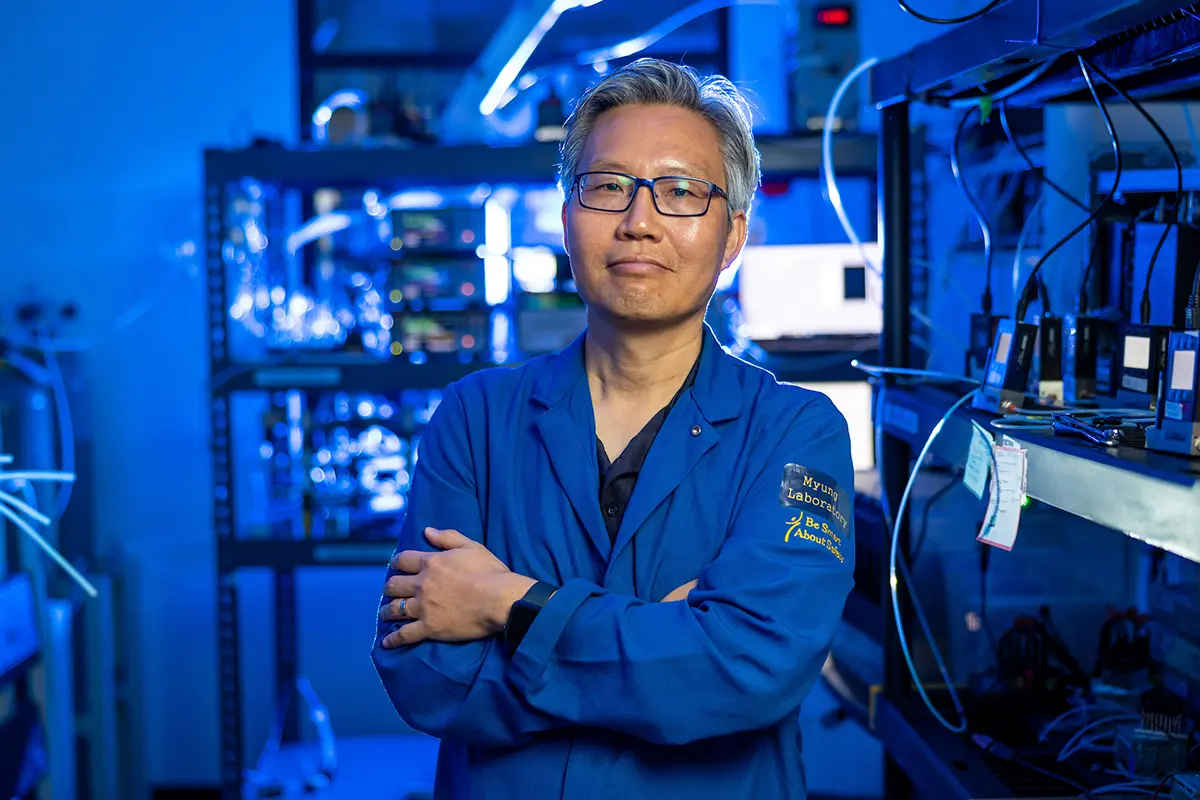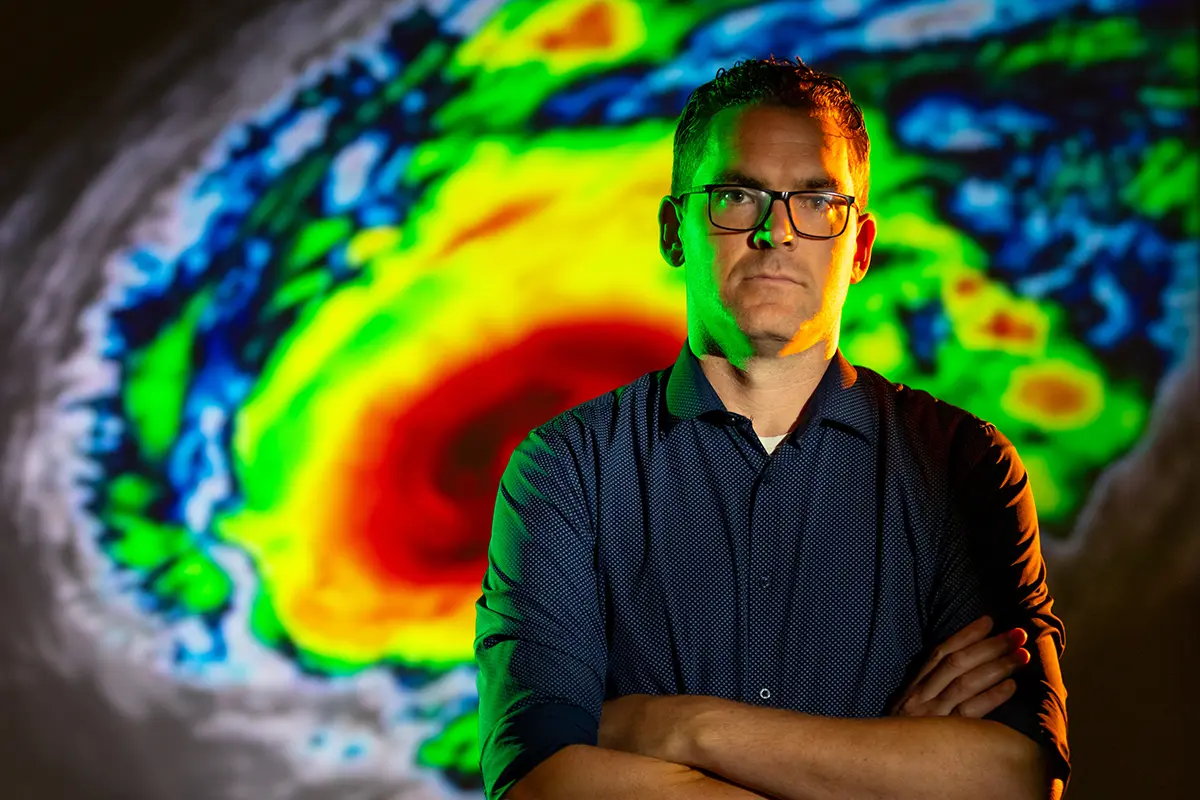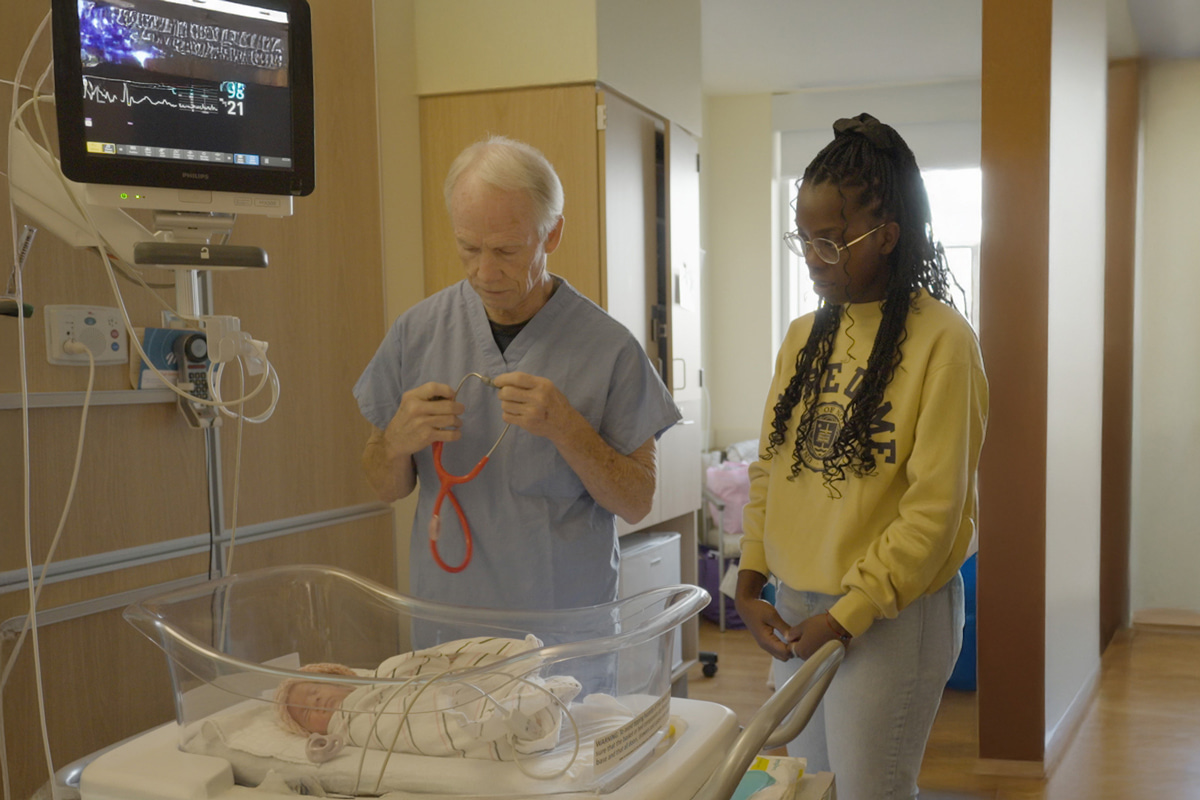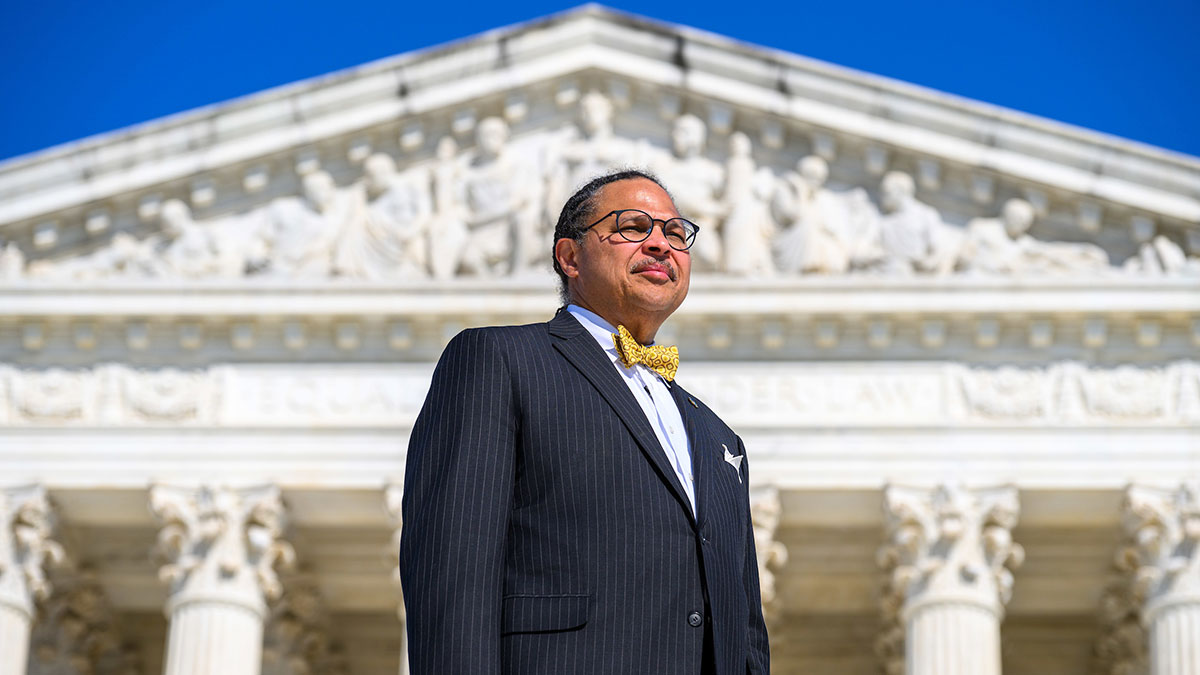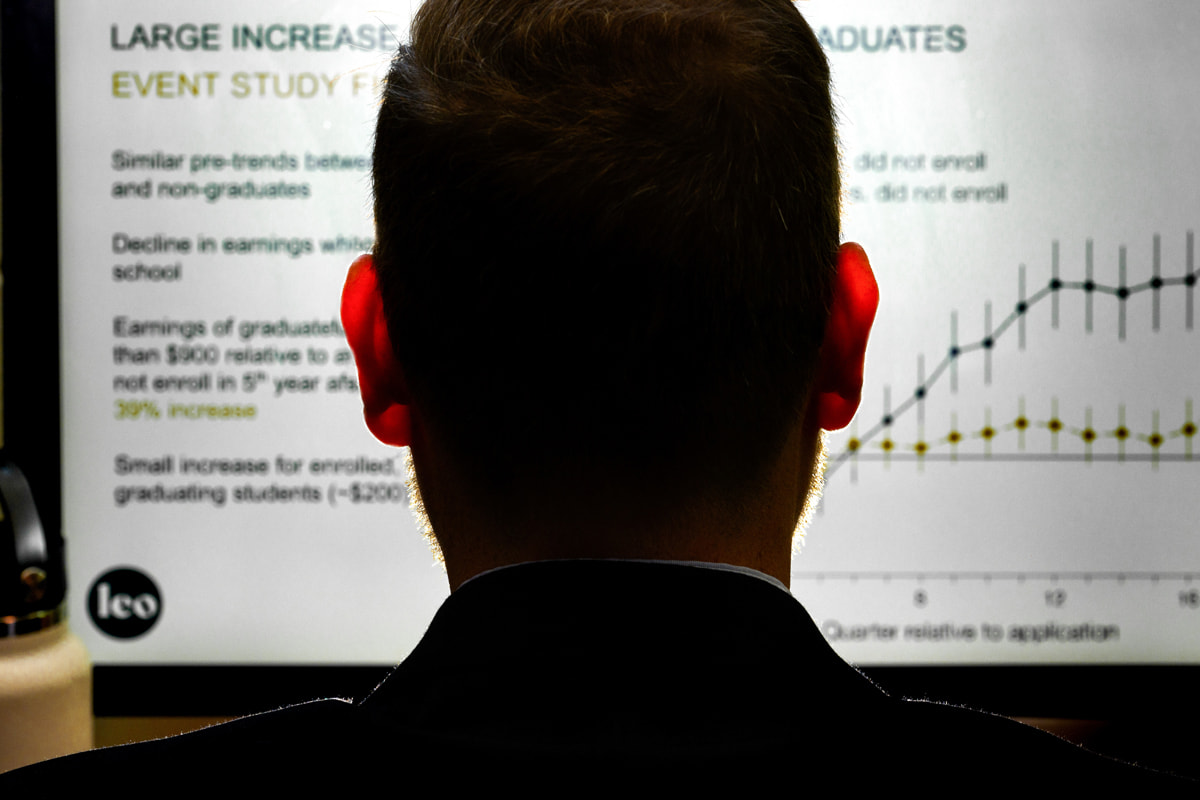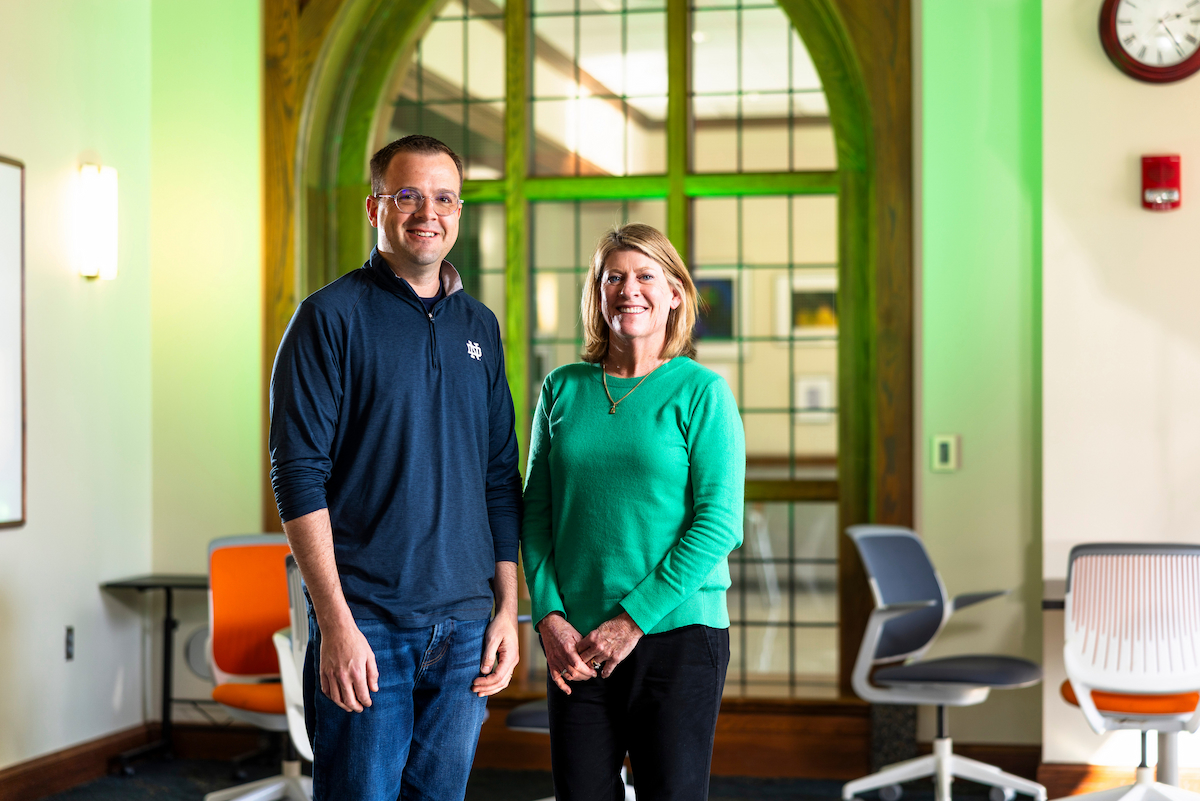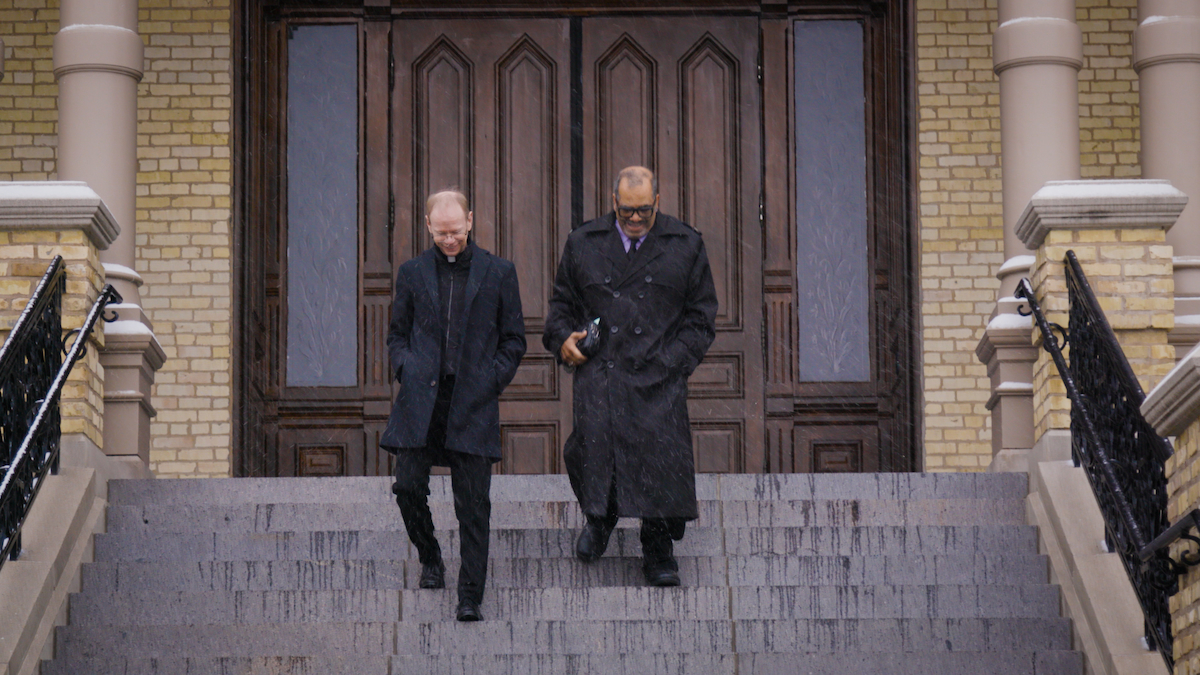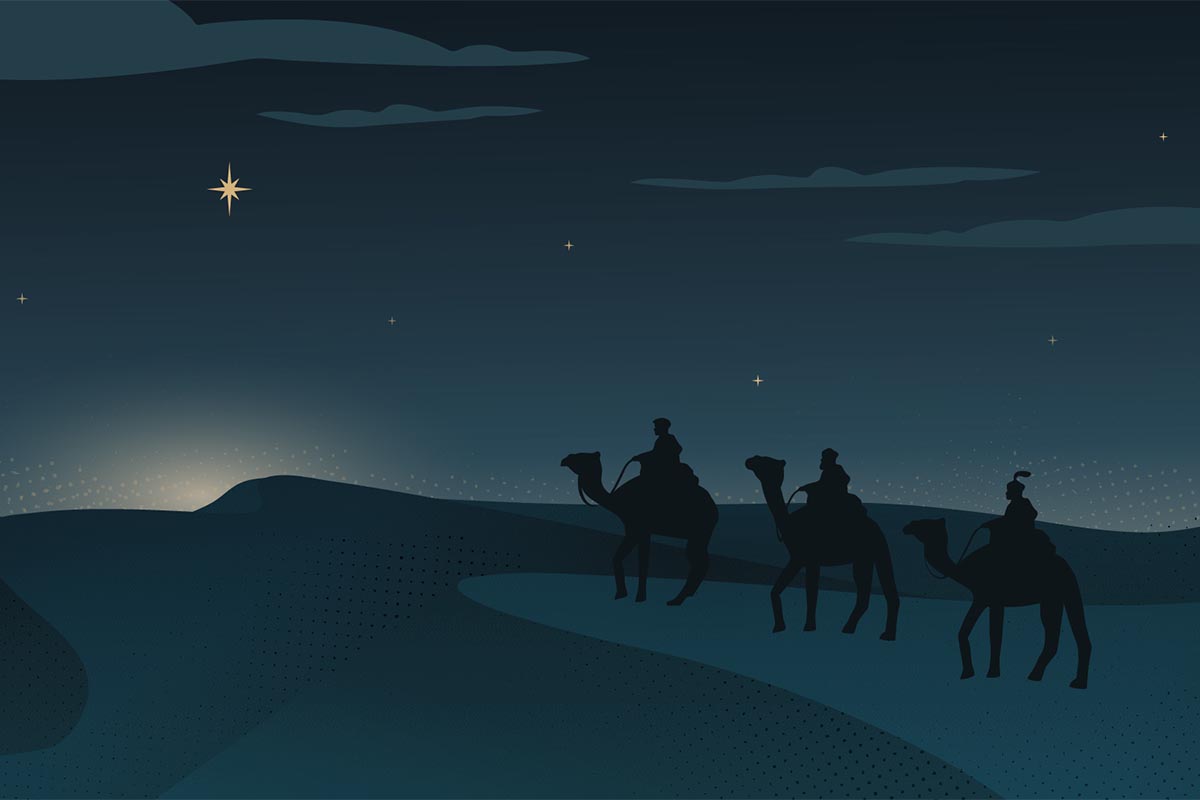
Cold plunges and unicorns
In this episode of Notre Dame Stories, anthropologist Cara Ocobock uses hands-on lessons, extreme cold research, and insights from our evolutionary past to explain how the human body adapts, survives, and thrives in some of the harshest environments on Earth.

